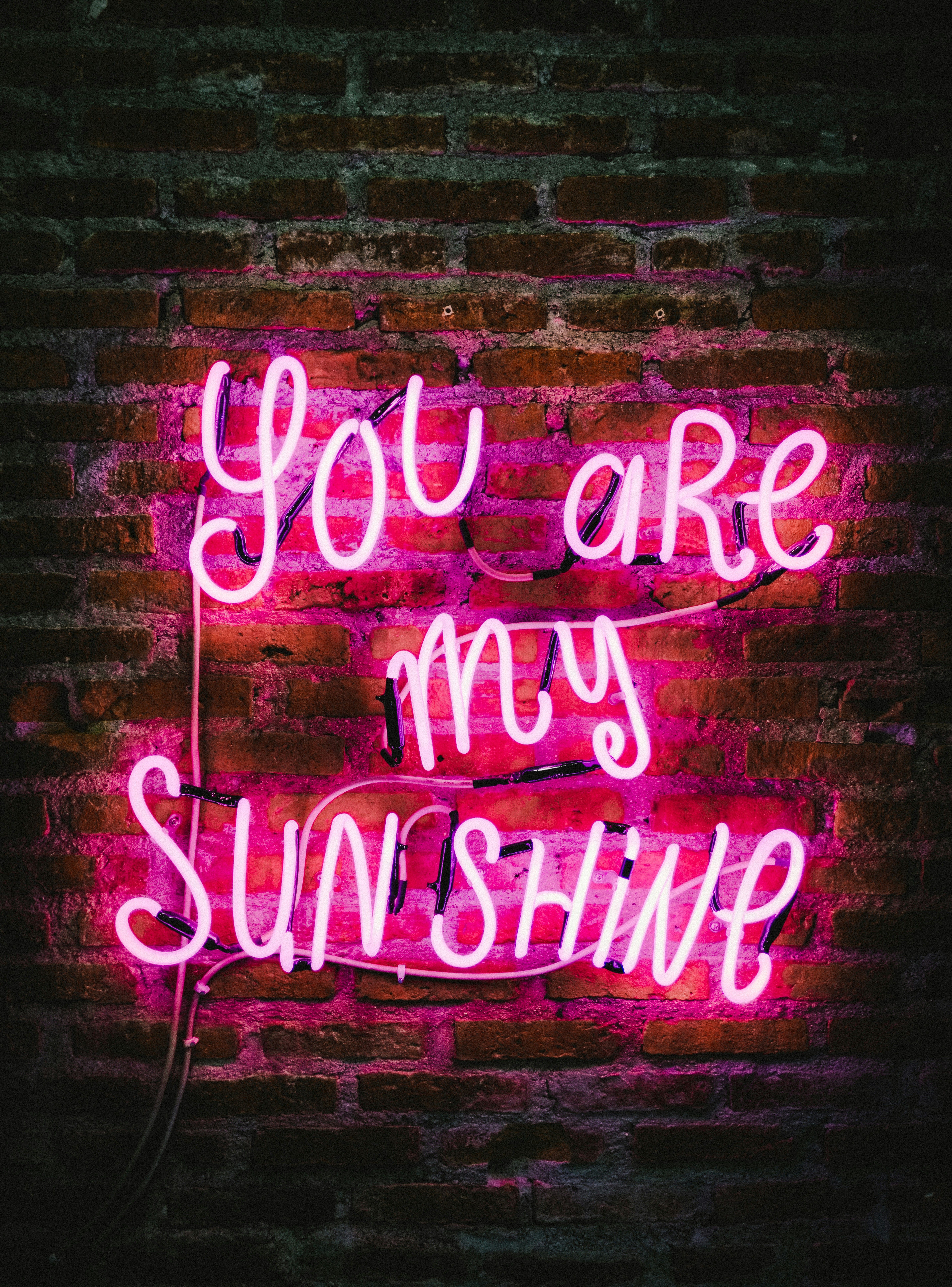A Refusal of the Three-Day Truce: Ukraine Stands Firm Against Russia's Theatrics
Ukraine remains adamant in its refusal of a three-day truce proposed by Russia.
KYIV, Ukraine - President Volodymyr Zelenskyy has vowed that Ukraine will not yield to Russia's proposed three-day ceasefire, deeming it a mere theater show intended to placate foreign leaders during Russia's Victory Day celebrations. This stance comes after Ukraine accepted a 30-day ceasefire proposal from the Trump administration, with discussions on territory, nuclear power plant safety, and potential European peacekeeping forces on the table.
Zelenskyy pointed out that Russia's three-day ceasefire offer, which coincides with the anniversary of the end of World War II in Europe, is a tactic to boost its international standing and ease the worries of dignitaries attending the Victory Day parade in Moscow. The Russian offer is, in his words, aimed at providing "President Vladimir Putin of Russia a soft exit from isolation."
Zelenskyy emphasized that Ukraine's proposal for a 30-day truce remains on the table, and he is willing to initiate it before the holiday if Russia agrees. Since Russia launched its full-scale invasion in 2022, Ukraine has developed a fleet of long-range drones capable of striking targets in Moscow, and repeatedly targeted the Russian capital.
Zelenskyy expressed concern over the safety of guests attending the Red Square parade, stating that no guarantees would be offered to protect them from potential attacks. This follows Russia's continued missile strikes on Ukraine despite visits by foreign leaders to Kyiv. Last week, Ukraine's military intelligence chief, Kyrylo Budanov, advised parade guests to bring earplugs, citing the ongoing hostilities.
Russia's Foreign Ministry Spokesperson, Maria Zakharova, responded to Zelenskyy's comments by labeling them a "direct threat" to Russia's celebrations. Dmitry Medvedev, the deputy head of Russia's security council, threatened retaliation for any attacks during the anniversary ceremonies, stating that Kyiv would not be spared if any real provocation occurred on Victory Day.
The rejection of Russia's offer comes amid a thaw in relations between Zelenskyy and the Trump administration. While negotiations have made progress, with both sides agreeing to reduce airstrikes on energy infrastructure and a brief one-day ceasefire on Easter Sunday, progress is slow due to Russia's insistence on retaining occupied territories and blocking Ukraine's NATO/EU aspirations.
Since its advances on the battlefield have been slowed by staggering casualties, Russia is still seen as having momentum in the war and would lose leverage if hostilities were to cease for any significant period. President Trump has expressed frustration with Russia's foot-dragging and civilian casualties, urging the Russian leader to "STOP!" on social media following a missile strike in Kyiv that killed 12 people and injured dozens.
In a meeting with Trump on the sidelines of the Pope Francis funeral, Zelenskyy and Trump reportedly discussed a U.S. resumption of the provision of air defense weapons to Ukraine and the potential imposition of additional sanctions on Russia. Zelenskyy called the exchange his "best conversation" with the U.S. leader to date.
The State Department has recently announced that the U.S. will step back as a mediator in the talks, citing the need for both sides to present concrete ideas for ending the conflict. European nations are expected to play a larger role in peace negotiations once a ceasefire is established.
In the meantime, Ukraine continues to hold firm against Russia's aggressive actions, refusing to be swayed by theatrical gestures and seeking genuine peace through diplomatic channels.
Enrichment Data:
- Ukrainian President Volodymyr Zelenskyy sees Russia’s proposed three-day ceasefire as a "theatrical performance" aimed at improving its international image and masking ongoing aggression, rather than a genuine effort to de-escalate tensions[1][2].
- Russia's aggressive intentions are evident in its insistence on retaining occupied territories and blocking Ukraine's NATO/EU aspirations[2]. Its ceasefire proposals are seen as mere manipulations of global narratives and focused on securing critical infrastructure and preventing Ukraine's Western integration[2].
[1] "Ukraine war: Two Russian Su-30 jets shot down over Black Sea." BBC News. 12 May 2025. https://www.bbc.com/news/world-europe-57481557
[2] "Ukraine's Zelenskyy dismisses Russian truce offer as part of 'theater'." Reuters. 8 May 2025. https://www.reuters.com/world/europe/ukraines-zelenskyy-dismisses-russian-truce-offer-part-theater-2025-05-08/
- President Volodymyr Zelenskyy views Russia's three-day ceasefire proposal as a theatrical performance, intended to enhance Russia's international standing amidst the annivesary of World War II in Europe, rather than a genuine effort to de-escalate tensions.
- Ukrainian President Volodymyr Zelenskyy, in discussions with President Trump, has expressed concerns over Russia's aggressive actions and insistence on retaining occupied territories, blockading Ukraine's NATO/EU aspirations, viewing these actions as manipulations of global narratives, aimed at securing critical infrastructure and preventing Ukraine's Western integration.
- Although Ukraine and the Trump administration have made some progress in negotiations, discussion points such as territorial reform, nuclear power plant safety, and potential European peacekeeping forces, the stalemate remains due to Russia's tenacious control over occupied territories and resistance to Ukraine's NATO/EU ambitions.
- Russia's Foreign Ministry Spokesperson, Maria Zakharova, declared Zelenskyy's comments concerning Russia's celebrations a direct threat, while Dmitry Medvedev, the deputy head of Russia's security council, threatened retaliation for any attacks during the anniversary ceremonies, indicating Kyiv would not be spared from retaliation if any real provocation occurred on Victory Day.






